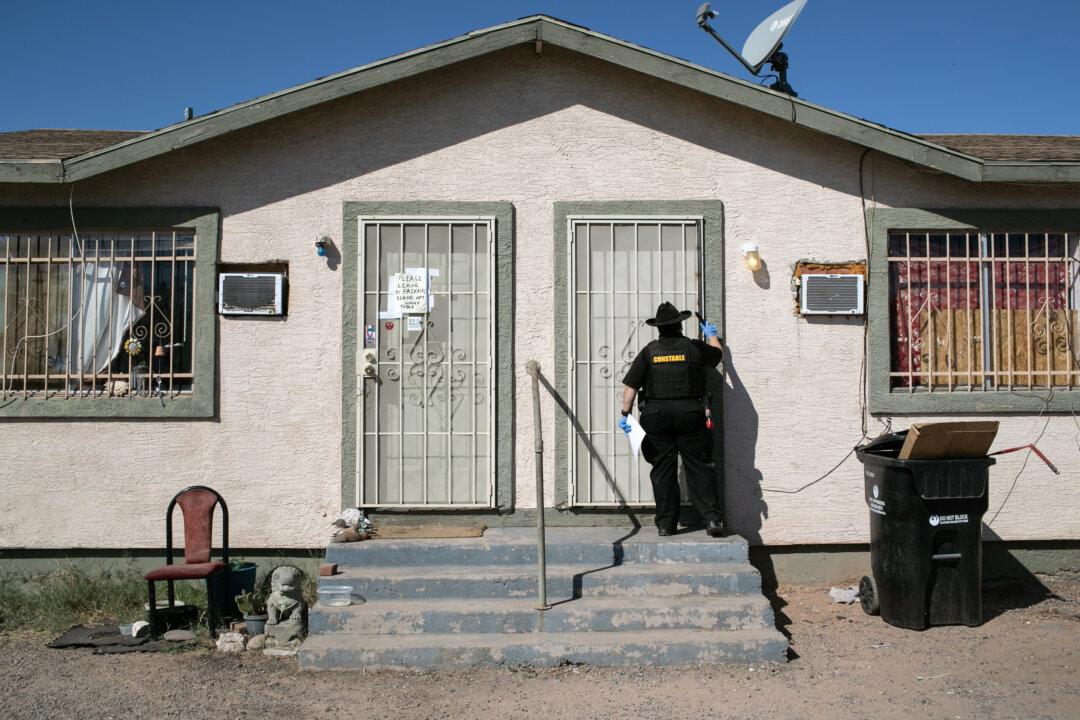Landlords and homebuilders filed suit in federal court against the Centers for Disease Control and Prevention (CDC) in an effort to block an eviction moratorium issued last month by the federal public health agency.
The lawsuit, known as Skyworks Ltd. v. CDC, was filed Oct. 23 in federal court in Ohio. It names the agency and its director, Robert R. Redfield, as defendants.





